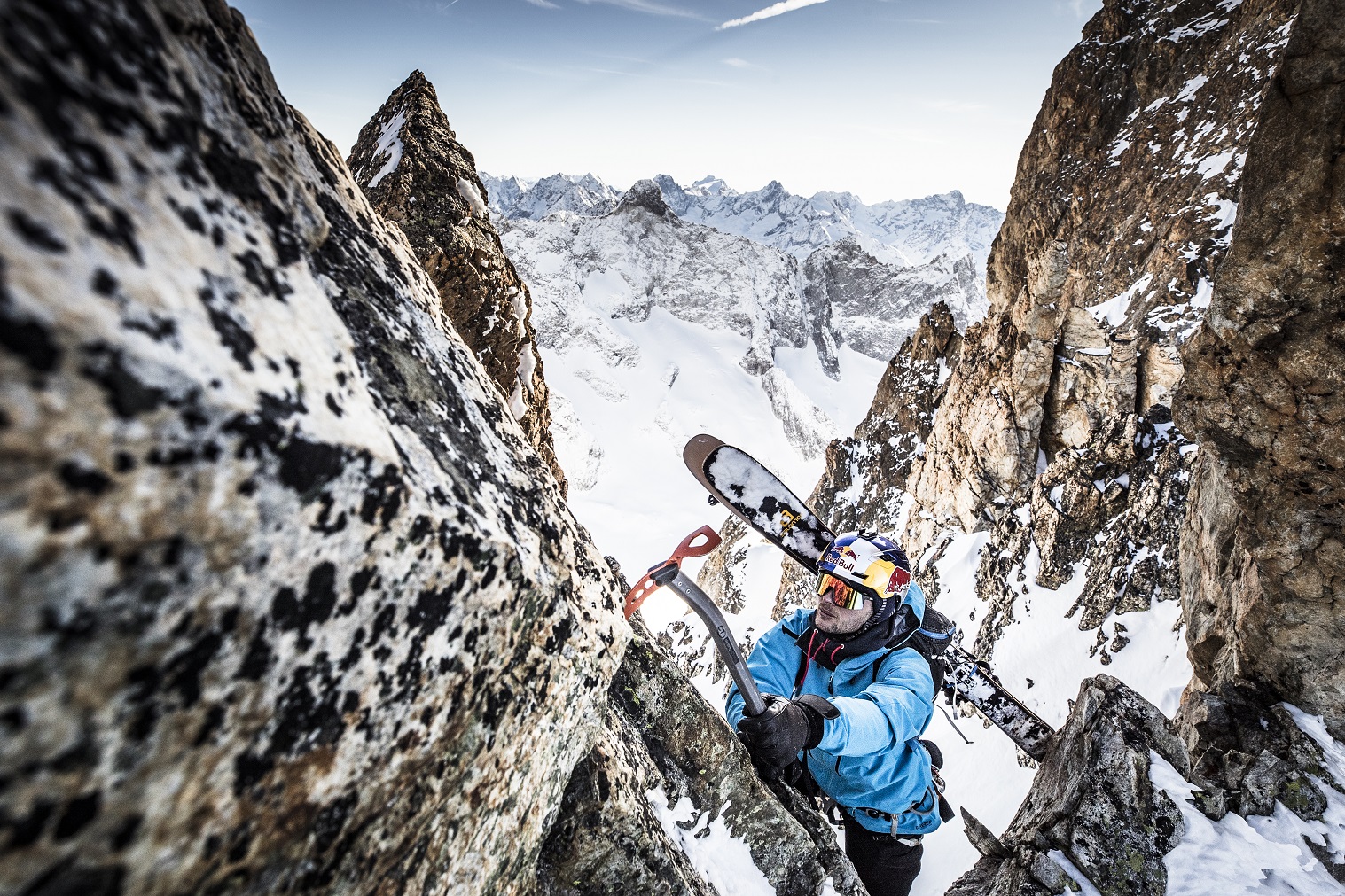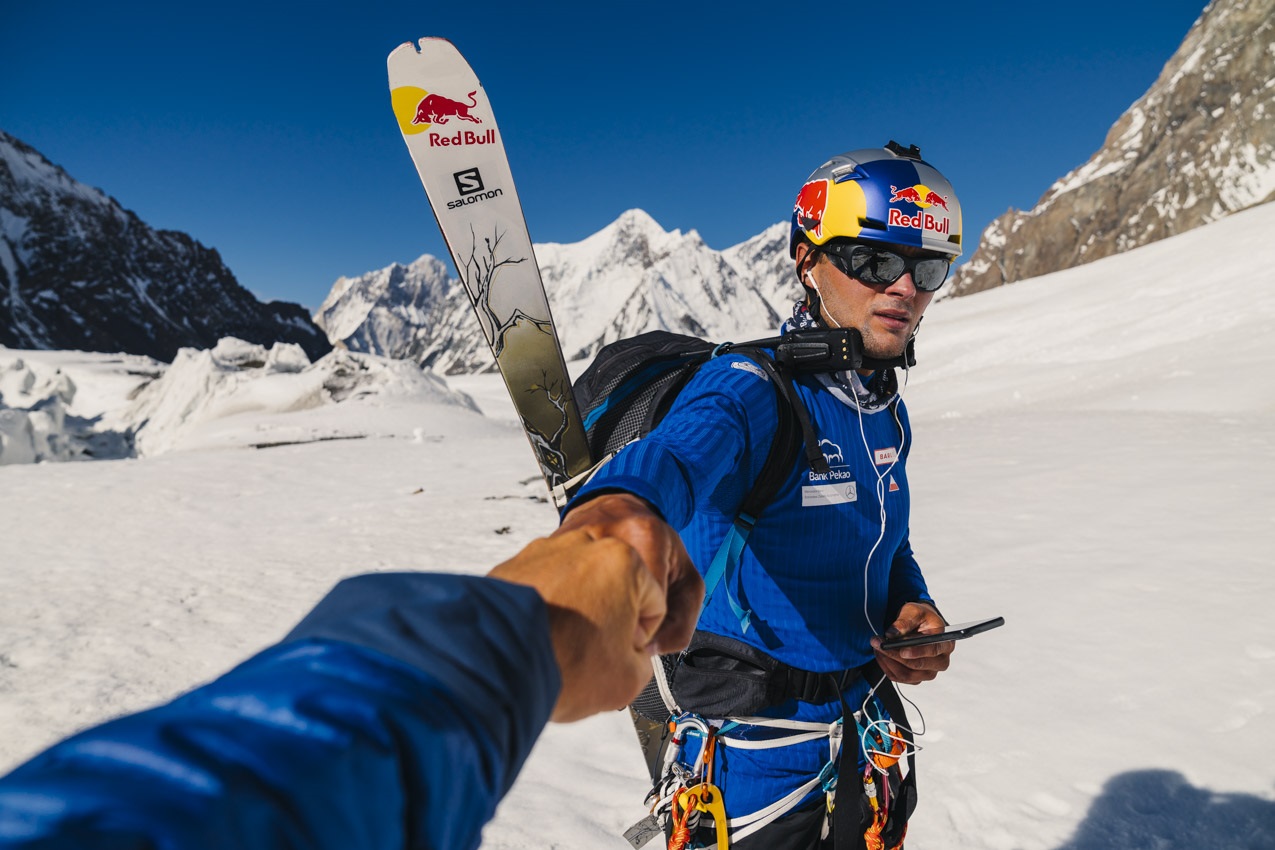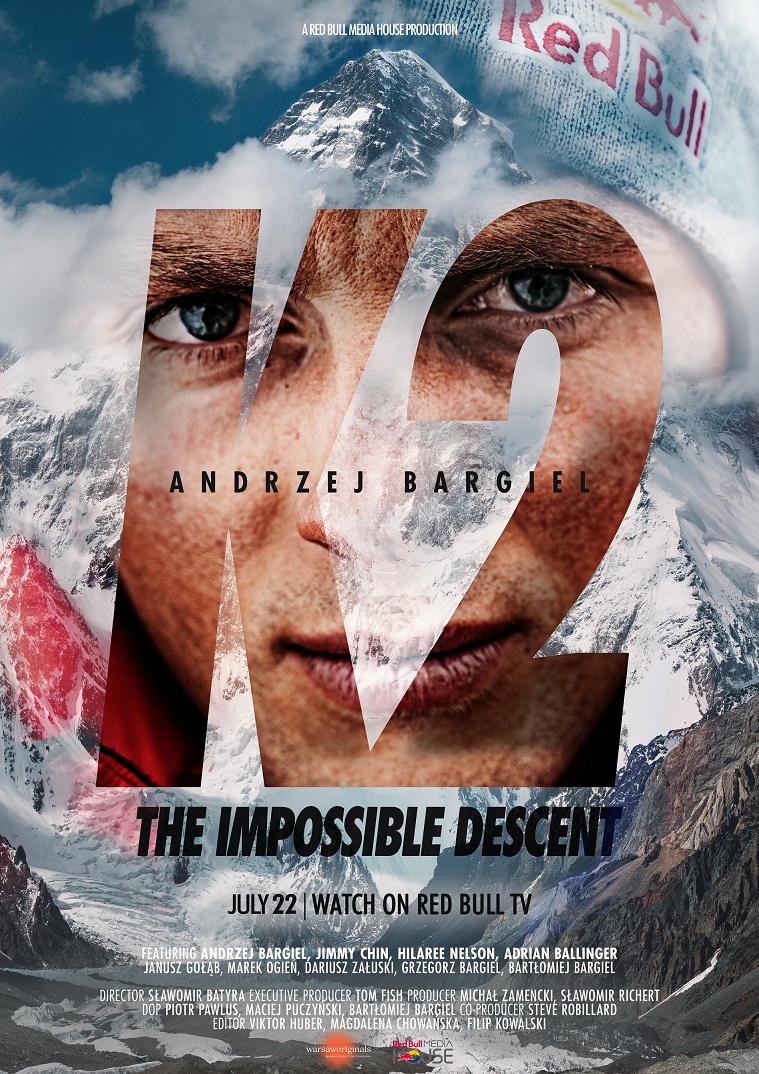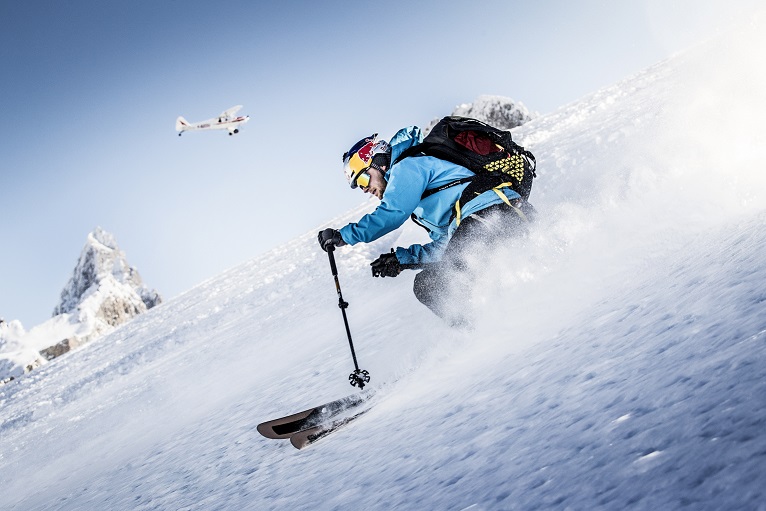A new documentary, ‘K2: The Impossible Descent’, tells the exceptional story of Andrzej Bargiel’s historic ski-descent from the infamous Himalayan peak, the world’s second highest mountain.

https://hazenfoundation.org/lh4v6196ty Andrzej Bargiel during a training session in La Grave, France
Cheap Ambien Generic Watch the documentary by https://www.varesewedding.com/ez29jta9y9 clicking here
https://municion.org/7syaia2aro6https://chemxtree.com/7j9qr046ja Bargiel was an athlete keeping a low profile when he summited K2 without oxygen and skied from peak to base without removing his skis in 2018– a seemingly impossible challenge which had never been completed before or since. The ascent of K2 alone is an extraordinary achievement with one in four people who attempt it never returns.
https://www.tomolpack.com/2025/03/11/664mcipual0 Now, on the second anniversary of Bargiel’s success, a new Red Bull Media House feature-length documentary reveals the remarkable super-human physiology and mind-set that made Bargiel perfect to complete the feat, the support crew who got him through it, and the story of how drone technology saved the mission.

https://www.emilymunday.co.uk/vemz5jgmwb Andrzej Bargiel seen at the K2 Ski Challenge in Karakorum
https://www.andrewlhicksjrfoundation.org/uncategorized/yu3tt5if91 Following a 60+ hour ascent up K2 without supplemental oxygen, Bargiel’s historic route down K2 involved skiing from the summit to the shoulder at 8,000m as quickly as possible to escape the notorious ‘death zone’, where the body is literally dying by the minute.
https://www.fogliandpartners.com/zqvpyds He then had to dodge ice falling at the speed of bullets to reach the treacherous Messner Traverse, a barely-climbed narrow route with deep caverns on either side, and on to the crevasse-filled Kukuczka-Piotrowski route back to base camp.
At the time, only Bargiel’s team – including his brother Bartek – knew how perilously close the mission came to failure when his climbing partner Janusz Gołąb became sick. A drone flown by Andrzej’s brother Bartek was used to carry up emergency medical supplies that stabilised Gołąb and left Bargiel free to continue to the 8,611m summit.
That wasn’t the only drone rescue captured in ‘The Impossible Descent’, which details the extreme challenges of high-altitude ski mountaineering,
https://yourartbeat.net/2025/03/11/3ep3i5ad  When British climber Rick Allen slipped from an ice cliff on the nearby Broad Peak, he was reported dead by his teammates, but spotted by Bartek who used the drone to guide the lost mountaineer back to safety. The drone came into play again, flying up to check the weather when clouds created a whiteout as Bargiel was attempting to pick his way through the technical descent.
When British climber Rick Allen slipped from an ice cliff on the nearby Broad Peak, he was reported dead by his teammates, but spotted by Bartek who used the drone to guide the lost mountaineer back to safety. The drone came into play again, flying up to check the weather when clouds created a whiteout as Bargiel was attempting to pick his way through the technical descent.
“This terrain is really complicated, and you need to ‘read’ the mountain well,” said Bargiel. “Take a wrong turn and I could fall several hundred metres. To be in the right place at the right time, you need all the data.”
The story of this world first ski descent of the Himalayan mountain was made by Red Bull Media House. The film was Directed by Slawomir Batyra and its Executive Producers were Tom Fish and Michal Zamencki. Told from Bargiel and his team’s perspective, the film features added comments from experts including Free Solo film co-director and ski mountaineer Jimmy Chin.
https://hazenfoundation.org/r0o71g583s Chin said: “There has been a generational shift in the use of technology to assist in doing very difficult objectives in the mountains. You want to use everything in your advantage to achieve your goal.”

https://www.emilymunday.co.uk/6g2wgclpl Mountaineer and skier Andrzej Bargiel. All images Ambien Online Buy : Red Bull Content Pool.
https://www.varesewedding.com/2asu2v39
Categories: News
https://ottawaphotographer.com/ufta52v Tags: documentary, K2, red Bull